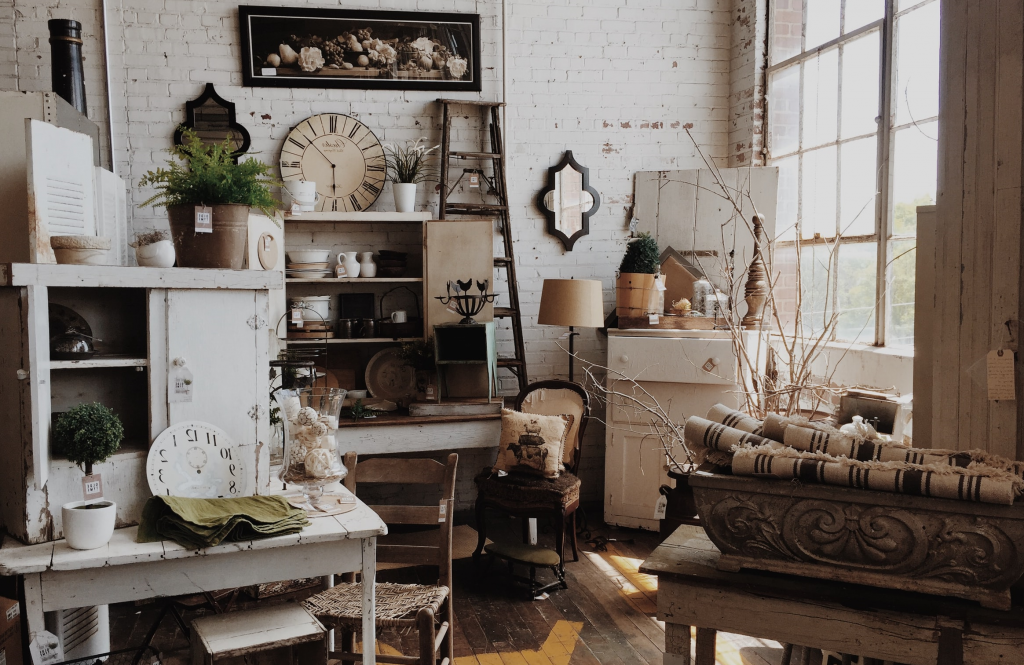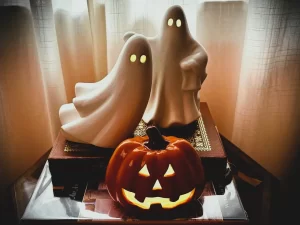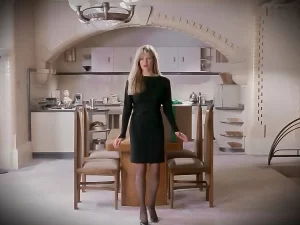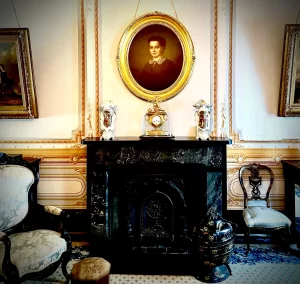Who doesn’t love to go on the hunt for rare or unique finds? Any collector can attest that the thrill of finding a great piece at a great price is irresistible.
However, seasoned collectors also recognize the amount of time and effort required to find pieces worth having, and the necessary expertise needed to not only separate the wheat from the chaff among myriad items on offer, but to accurately assess value so as not to be swindled. Caveat emptor, after all…
It is quite common these days for younger people to believe that they can furnish their first apartment or house by exclusively shopping estate sales and second-hand stores. Sure, this idea is not new—many people have been using this strategy for decades. But there seems to be a more entitled attitude lately which asserts that by going this route one can entirely furnish a home with valuable, stylish furnishings purchased at rock-bottom prices. That’s really not how things work, and to believe otherwise is, quite frankly, naïve. (Then again, what is youth if not inexperience?)
But don’t estate sales abound with quality items that can somehow be had for a song?

Well, it’s important to understand that estate sales exist to liquidate property while making the most money possible for an estate. This is why you will often see them run for several days and offer discounts on the final days once the majority of items have been picked clean. But one cannot assume that the truly good stuff will be offered even on the first day of a sale. You see, most people cannot afford premium furnishings to begin with, and so the vast majority of items you will find at estate sales are not especially valuable. And even if an estate does own furnishings or décor that are truly spectacular, they will have been sent to auction or sold piecemeal if the executor of the estate knows what they are doing.
Even so, Estate sale servicers are not necessarily appraisers, and it is quite common for them to overprice items –sometimes significantly. This may be good for the estate, but not for you as the buyer. Still, the inherent tension between offloading items quickly while simultaneously getting top dollar is ever present, and this is where buyers can either get into trouble, or strike gold.
If you are looking to purchase estate sale items for your home, it is important to have a plan. You have to know exactly the type of items you are looking for, and be familiar with their relative values. Arming yourself with the appropriate knowledge can save a lot of time and hassle, and ensure that you don’t overpay on worthless items.
If I were getting ready to go estate sale shopping, I would do the following before heading out:
- I would first make a running list of any items I need.
- Am I looking for wooden furniture, ceramics, glassware, or artwork? Are there size specifications, styles, or colors that I am particularly interested in? Am I needing only tools or cleaning supplies/items (estate sales are great for these)? Am I willing to pay for restoration or re-upholstery costs?
- Peruse any pre-sale photographs to establish the quality of the sale and determine if there is anything that I might buy.
- Photographs are important marketing tools for estate sale agencies, and these photos are often published well in advance of a sale. You can usually find them online at places like estatesales.net. It is necessary to evaluate what kinds of items are being offered. This is an indicator of the things you might expect to find, as usually only the most sellable items are advertised in the estate sale listing photos. Is the estate as a whole indicative of someone with good taste, or bad? Do you see well-made (if not necessarily expensive) items or a bunch of bric-a-brac?
- Understand the local market.
- I live in Seattle, which is a West Coast city that came of age in the post-WWII period. This means that the vast majority of vintage furnishings will be from the late 1940s to the early 1980s. This period corresponds with the mid-century styles that are quite popular today, but it is not a period that I am interested for my designs. Still, if one likes mid-century modern, Seattle is a great place for variety. However, due to the popularity of this style, don’t expect great deals, as even low quality items are overpriced. If one prefers other styles, expect to wait a long time to find them.
- Understand the re-sale market for the items I am seeking.
- Markets change rapidly and often. One week, an item may sell for $100, and the next it may go for $25. Obviously, that is quite a swing, and that’s why it is important to closely monitor the markets for the items that you are particularly interested in. The person who paid $100 may have overpaid, while the one that paid $25 could have scored a deal! But you can’t know unless you follow the market and determine an average sold price, without any outliers. Also recognize that some markets move faster than others, and the last week’s worth of sales for a hot item is much more indicative of fair market value than the last 6 months’ worth of sales.
- Stick to a budget, and don’t expect negotiations early on.
- The closer it is to an estate sale’s opening date, the less you can expect to negotiate down a price. This means that if there is an item that is especially popular, you can expect it to sell before the discount days kick in. Thus, armed with the knowledge about fair market value above, you should set a hard budget for the amount you are willing to spend on an item without hoping for a deal. This is why knowledge of markets is so important! Remember, most estate sales will not be selling spectacular items. If you want the truly divine, then go to an auction. Don’t overspend on estate sale items! In some cases you may get extremely lucky and the item will remain unsold until the last day, when discounts and deep negotiations can be had.
- Never expect to design an entire room or even house on estate sale finds!
- This last tip is the most important. Unless you expect your house to look like a permanent indoor garage sale, don’t ever expect to develop a cohesive interior based solely on estate sale finds. Designing eclectic interiors is a fine skill that VERY few people possess. Unless you want your home to be the subject of one of those pitiable “Nailed It” memes, hire a designer to help you develop a concept, and you can fill in the gaps from there.
Going on the hunt to estate sales or your favorite second-hand store for those rare pieces that fall through the cracks is especially great fun! But estate sales should never be the primary source for furnishings. Instead, rely on them for finding quirky or well-loved accents that bring character and charm to your décor.









One Response
Thanks for your blog, nice to read. Do not stop.
Comments are closed.